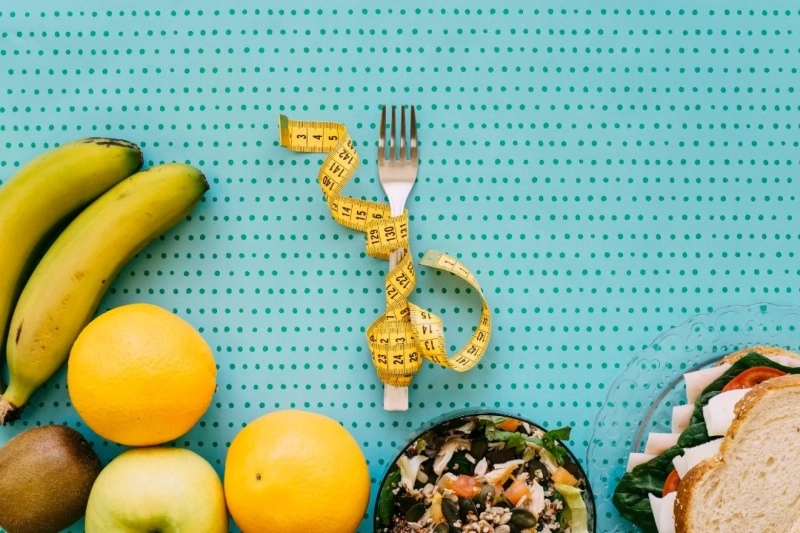In the pursuit of achieving optimal fitness, it's crucial to adopt a holistic approach that encompasses not only physical exercise but also mindful eating and overall well-being.
By incorporating nutrition plans designed for weight loss, you can embark on a transformative journey towards a healthier lifestyle. This blog will explore the concept of holistified fitness and provide valuable insights into effective nutrition plans that support weight loss goals.
Holistified physical fitness & Weightloss Coaching Dubai refers to a comprehensive approach that considers the interconnectedness of the mind, body, and spirit. It emphasizes the integration of physical exercise, mental well-being, and sound nutrition to achieve overall health. When it comes to weight loss, a holistic perspective considers the quality and quantity of food consumed, as well as the individual's unique dietary requirements, lifestyle factors, and emotional relationship with food.
To embark on a successful weight loss journey, it's important to implement a nutrition plan that is balanced, sustainable, and tailored to your specific needs. Here are some essential components to consider:
1. Calorie Control: Creating a calorie deficit is crucial for weight loss. Consult a nutritionist to determine the appropriate daily calorie intake based on your current weight, height, age, and activity level.
2. Macronutrient Balance: A well-rounded nutrition plan should include a balance of macronutrients, namely carbohydrates, proteins, and fats. Focus on whole foods such as lean proteins, whole grains, fruits, and vegetables while limiting processed foods and added sugars.
3. Portion Control: Pay attention to portion sizes to prevent overeating. Use smaller plates, practice mindful eating, and listen to your body's hunger and fullness cues.
4. Hydration: Drinking an adequate amount of water throughout the day helps maintain proper bodily functions, supports metabolism, and reduces unnecessary snacking.
Tailoring Nutrition Plans for Weight Loss
While general guidelines are essential, it's crucial to personalize your nutrition plan to meet your specific needs and preferences. Here are some tips to consider:
1. Seek Professional Guidance: Consulting a registered dietitian or nutritionist can provide invaluable insights into developing a personalized nutrition plan that aligns with your weight loss goals and dietary requirements.
2. Mindful Eating: Pay attention to your body's hunger and fullness cues. Practice eating slowly, savoring each bite, and avoiding distractions such as electronic devices during meals.
3. Whole Foods Emphasis: Incorporate a variety of whole foods into your diet, including lean proteins, fruits, vegetables, whole grains, and healthy fats. These nutrient-dense foods will provide satiety, essential vitamins, and minerals.
4. Meal Prepping: Plan and prepare your meals in advance to avoid impulsive food choices and ensure you have healthy options readily available.
5. Regular Meal Times: Establish a consistent meal schedule to regulate your metabolism and maintain a balanced energy level throughout the day.
6. Balanced Snacking: Choose nutritious snacks such as fresh fruits, Greek yogurt, nuts, or vegetable sticks to satisfy cravings between meals.
Adopting a holistified approach to fitness and nutrition is essential for sustainable weight loss. By incorporating effective nutrition plans, you can fuel your body with the right nutrients while promoting overall well-being.


